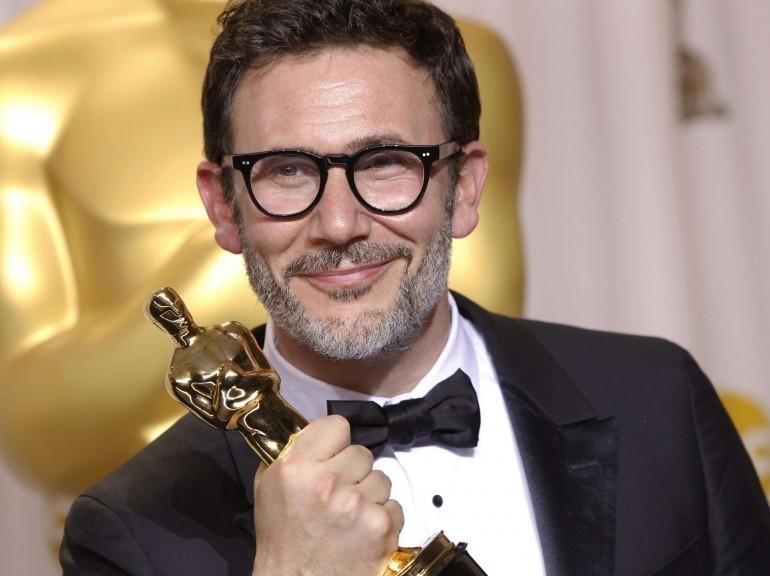
Régis Wargnier is a French film director, producer and screenwriter. He started his career as an assistant director in 1972 with La femme en Bleue directed by Michel Deville. Several collaborations for the cinema and television followed with different directors such Claude Chabrol, Francis Girod and Patrice Leconte. In 1986, he directed his first feature film La femme de ma vie, the story of a violonist whose life begins to spiral down with alcohol. The film was nominated five times at the César’s and won the prize for best debut feature.
In 1991, after directing Je suis le seigneur du chateau, Régis Wargnier released his most successful and critically acclaimed film to date, Indochine. Set in French Indochina during the politically turbulent 1930s, the film stars Catherine Deneuve as a plantation owner who becomes involved in a love triangle between a handsome French soldier and her beloved adopted Asian daughter. The film was a hit at the French Box Office and won Best Foreign Language Picture at the 65th Academy Awards in 1993. Deneuve and Wargnier collaborated again in 1999 on his fifth feature film, East/West, a romantic drama paying tribute to the victims of Soviet Stalinism. In 2005, Wargnier directed Man to Man starring Kristin Scott Thomas and Joseph Fiennes, a controversial historical drama about anthropologists who hunt and capture pygmies for study back in Europe. In 2014, he returned to South-East Asia, this time Cambodia, with Le temps des aveux (The Gate). Set during the Khmer Rouge dictatorship, the film relates the real-life story of François Bizot, a French ethnologist working in the ruins of Angkor, who is imprisoned by the regime.



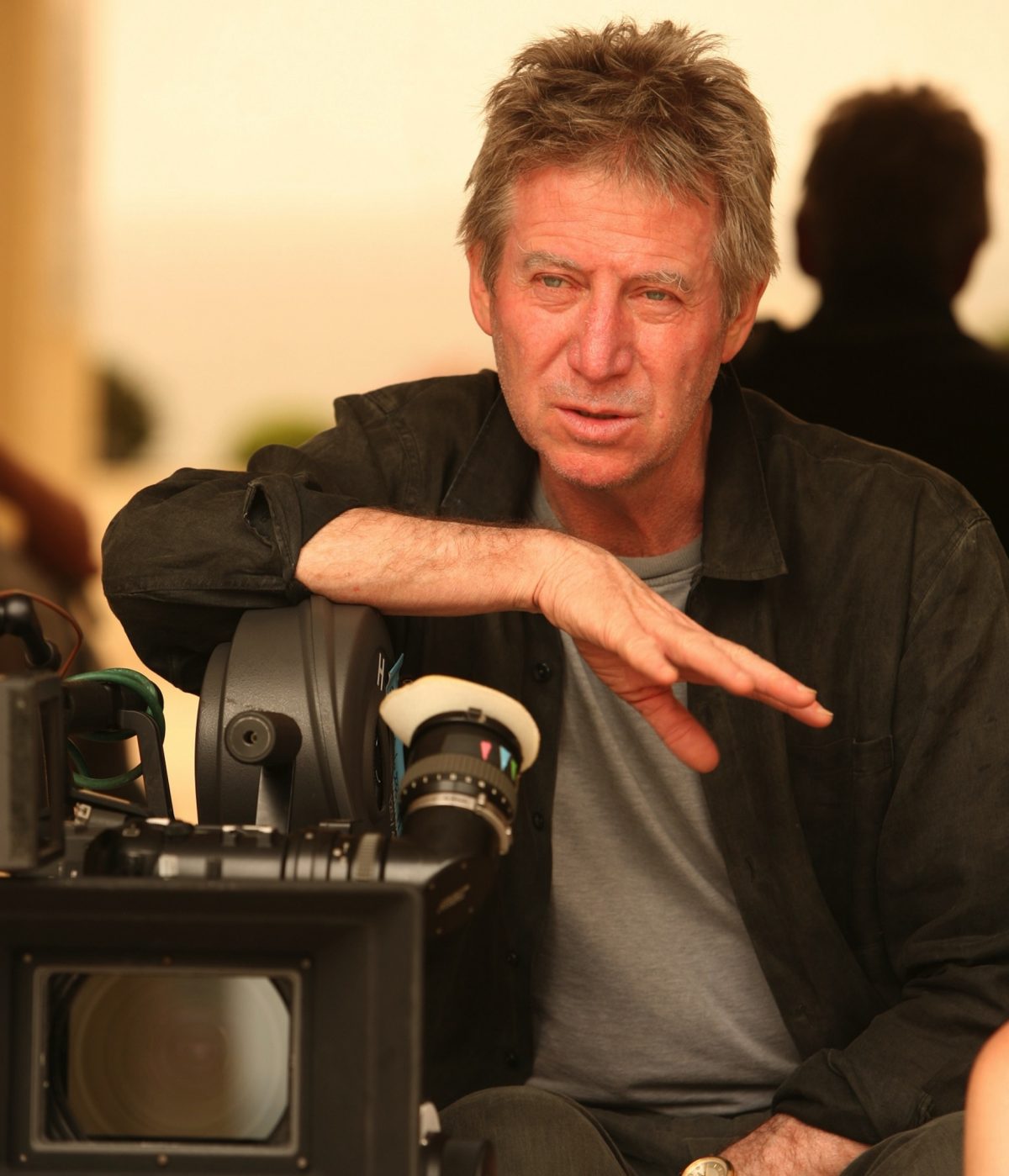
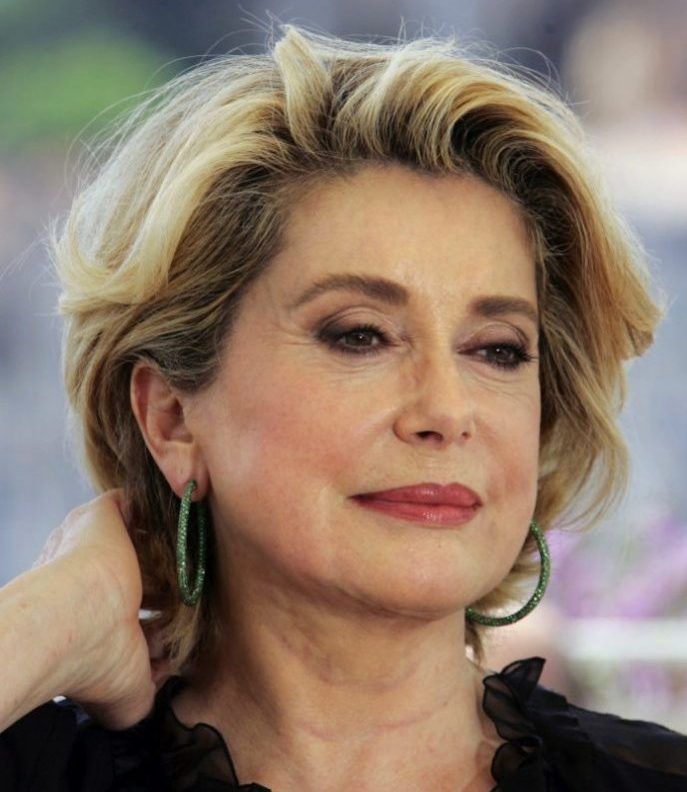

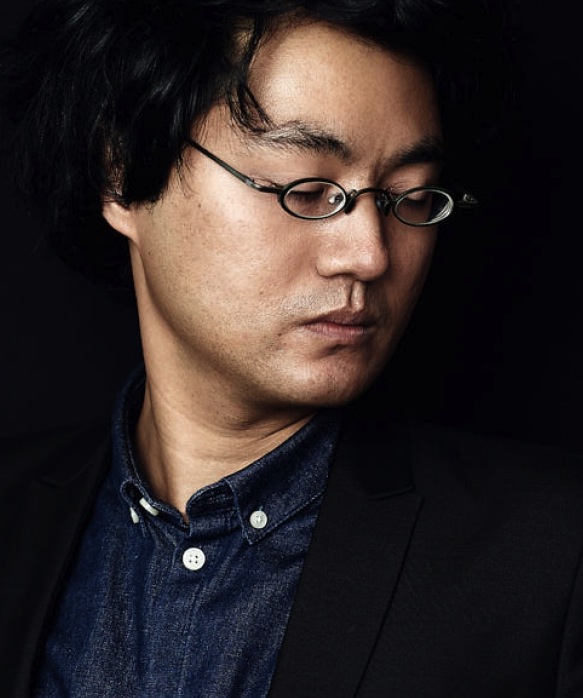

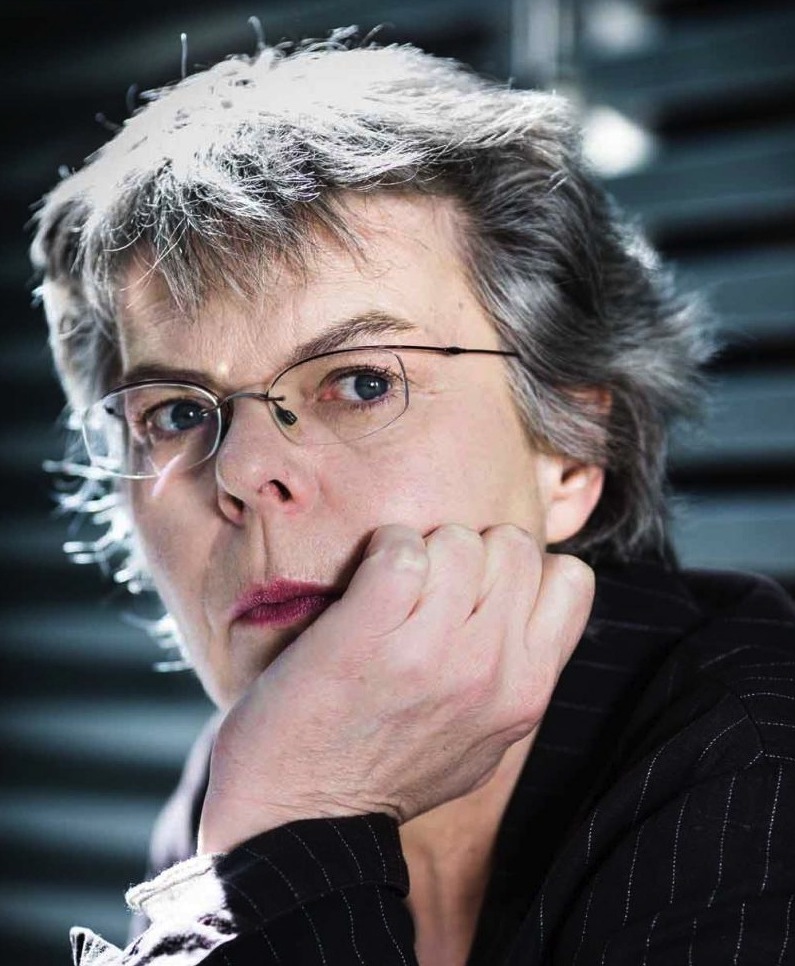

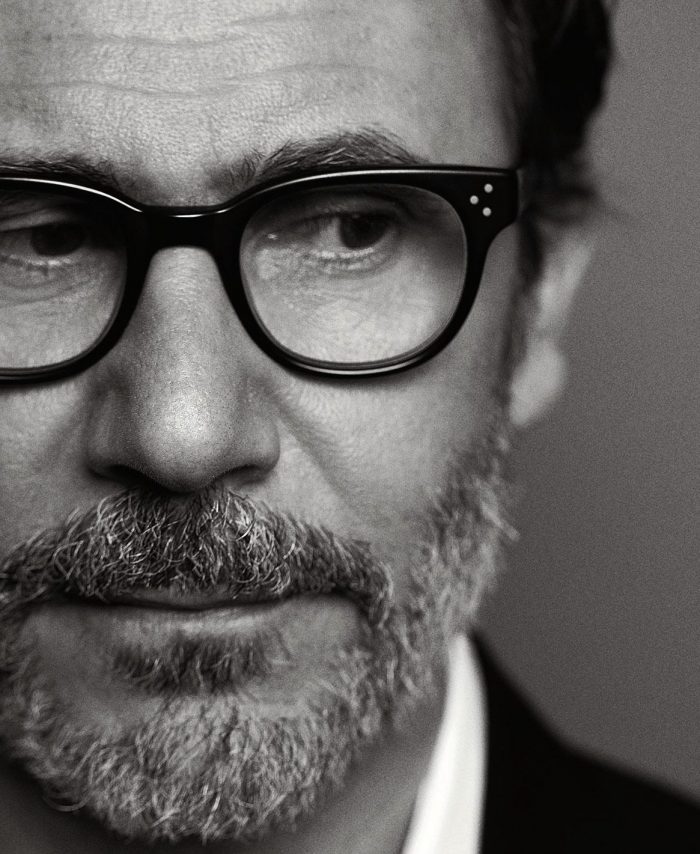

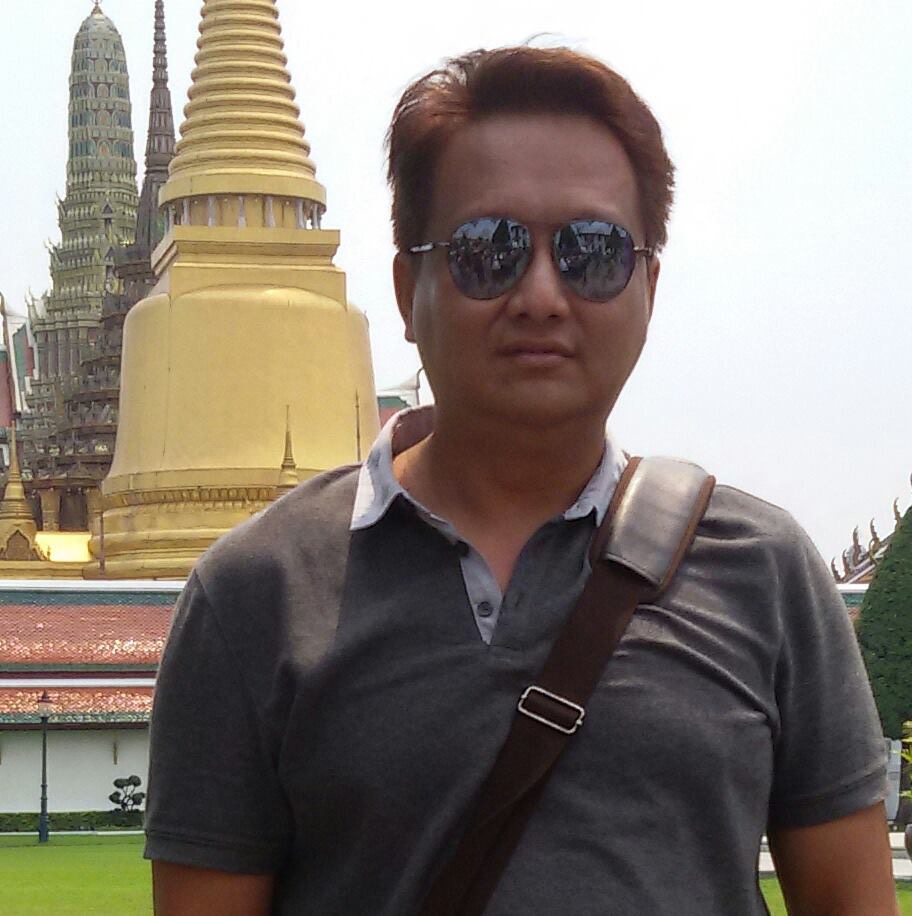
 So far, Myanmar filmmaker Wyne has scripted and directed twelve features for the local market, including Adam, Eve & Dasa, Let Pan, Satan’s Dancer, At Your Command and New Rainbow, which were some of the top grossing films at the Myanmar box office at the time of their release.
So far, Myanmar filmmaker Wyne has scripted and directed twelve features for the local market, including Adam, Eve & Dasa, Let Pan, Satan’s Dancer, At Your Command and New Rainbow, which were some of the top grossing films at the Myanmar box office at the time of their release.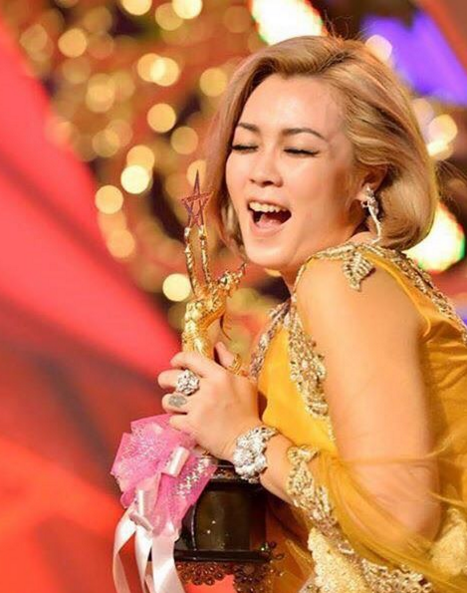
 Phway Phway is a Myanmar actress and model and recipient of two Myanmar Academy Awards: in 2012 for Let Pan and three years later for I am Rose Darling. Both film were directed by ‘Academy’ Wyne. Phway Phway graduated from the University of Foreign Languages, Yangon, with a Bachelor of Arts in Korean Studies in 2008, at which time she was already pursuing a modelling career, which opened the door to appearances in music videos, TV commercials, and an impressive number of direct-to-video films.
Phway Phway is a Myanmar actress and model and recipient of two Myanmar Academy Awards: in 2012 for Let Pan and three years later for I am Rose Darling. Both film were directed by ‘Academy’ Wyne. Phway Phway graduated from the University of Foreign Languages, Yangon, with a Bachelor of Arts in Korean Studies in 2008, at which time she was already pursuing a modelling career, which opened the door to appearances in music videos, TV commercials, and an impressive number of direct-to-video films.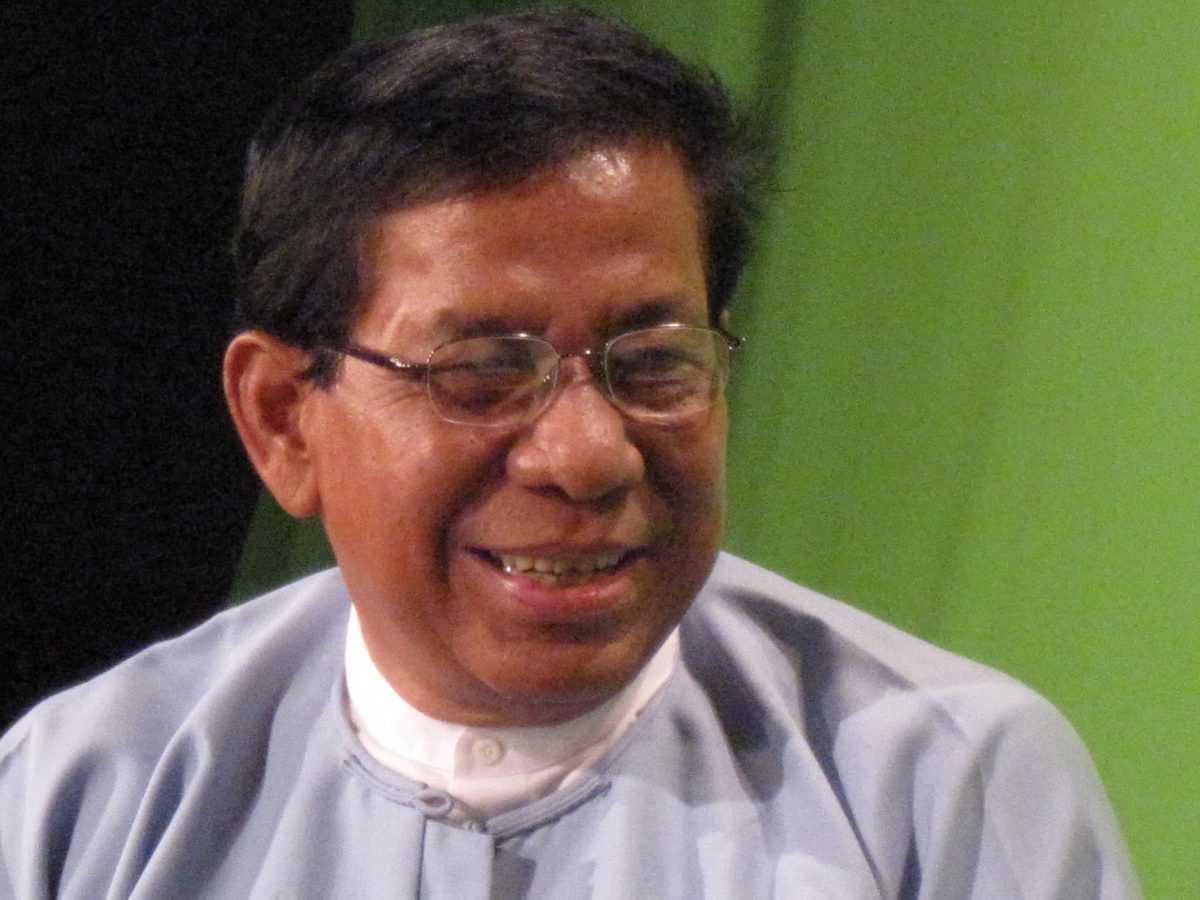
 U Kyi Soe Tun is a five-time Myanmar Academy Award-winning film director, producer and screenwriter. From 2005 to 2007, he served as the chairman of the Myanmar Motion Picture Organization. After receiving a Bachelor in Science from Yangon University he began his film career in 1977, and directed his first film first film Chan Myay Pa Say in 1980. His other works include Sone Yay (Downstream, 1990) followed by San Yay (Upstream), a story about a boy who is raised in a monastery after he is abandoned by his parents. Searching for them, he discovers Buddhism. Thu Kyun Ma Khan Bi (Never Shall We Be Enslaved, 1997) is about the last king of Burma, Thibaw Min. The meddling of British and French colonialists in the affairs of the Burmese kingdom leads to its downfall and a subsequent uprising to regain independence. Sacrificial Heart (2004) is a historical drama set in the medieval Pagan Kingdom, while True Love (2005) tells the story of a Japanese man and a young Burmese woman. Most recently, Hexagon (2006) is a comedy about six pregnant women who share their optimism about the future of their children, and the future of the nation.
U Kyi Soe Tun is a five-time Myanmar Academy Award-winning film director, producer and screenwriter. From 2005 to 2007, he served as the chairman of the Myanmar Motion Picture Organization. After receiving a Bachelor in Science from Yangon University he began his film career in 1977, and directed his first film first film Chan Myay Pa Say in 1980. His other works include Sone Yay (Downstream, 1990) followed by San Yay (Upstream), a story about a boy who is raised in a monastery after he is abandoned by his parents. Searching for them, he discovers Buddhism. Thu Kyun Ma Khan Bi (Never Shall We Be Enslaved, 1997) is about the last king of Burma, Thibaw Min. The meddling of British and French colonialists in the affairs of the Burmese kingdom leads to its downfall and a subsequent uprising to regain independence. Sacrificial Heart (2004) is a historical drama set in the medieval Pagan Kingdom, while True Love (2005) tells the story of a Japanese man and a young Burmese woman. Most recently, Hexagon (2006) is a comedy about six pregnant women who share their optimism about the future of their children, and the future of the nation.
